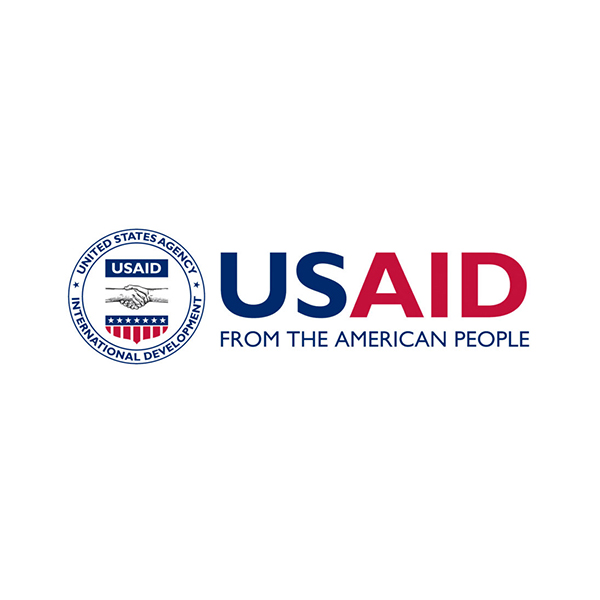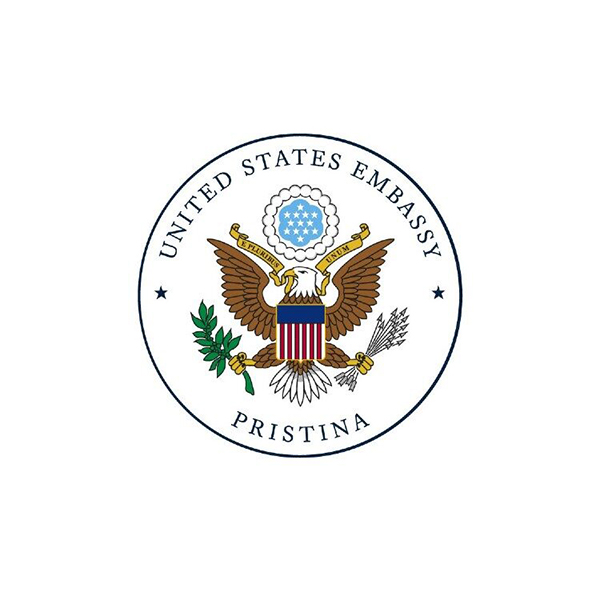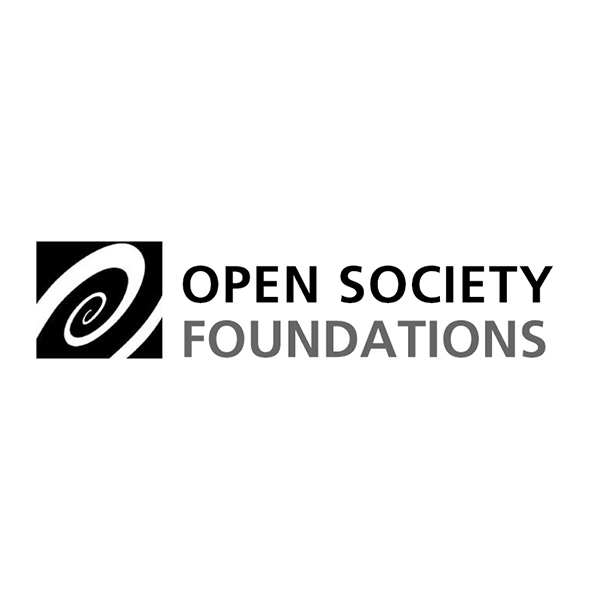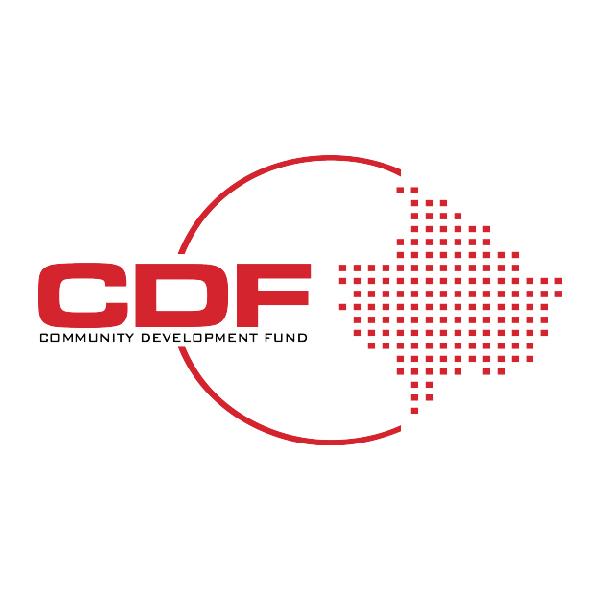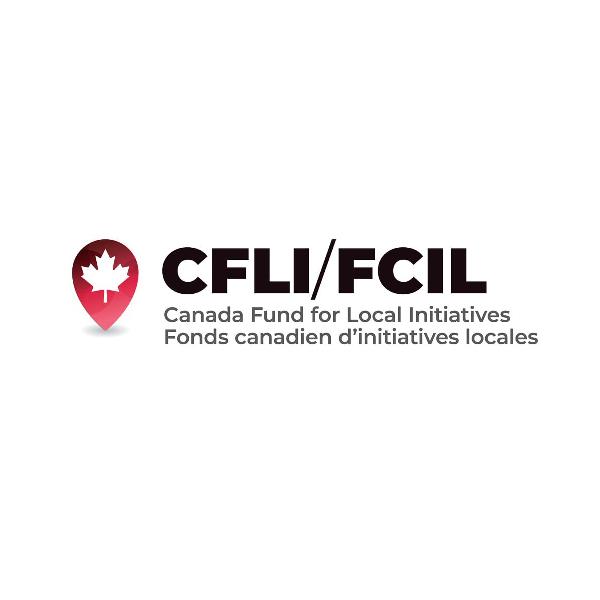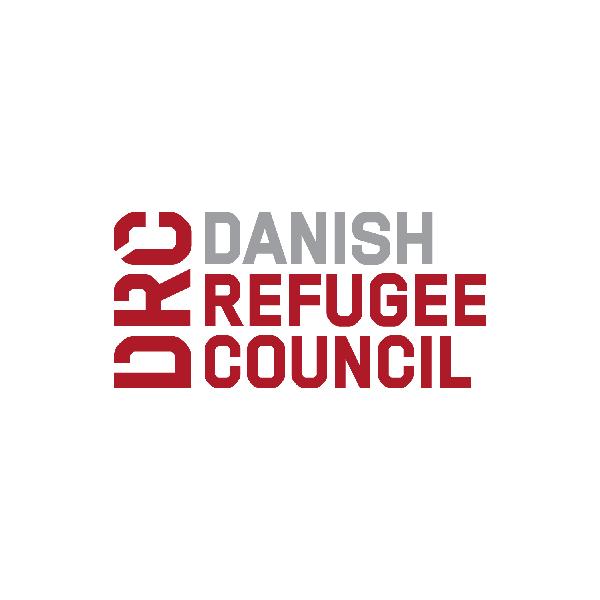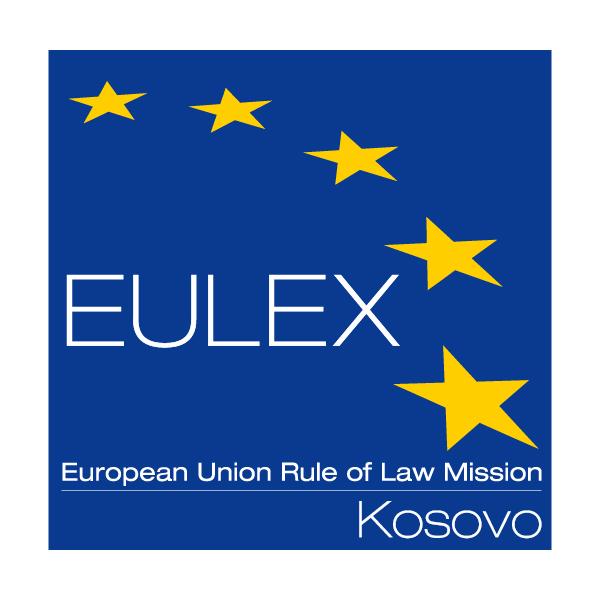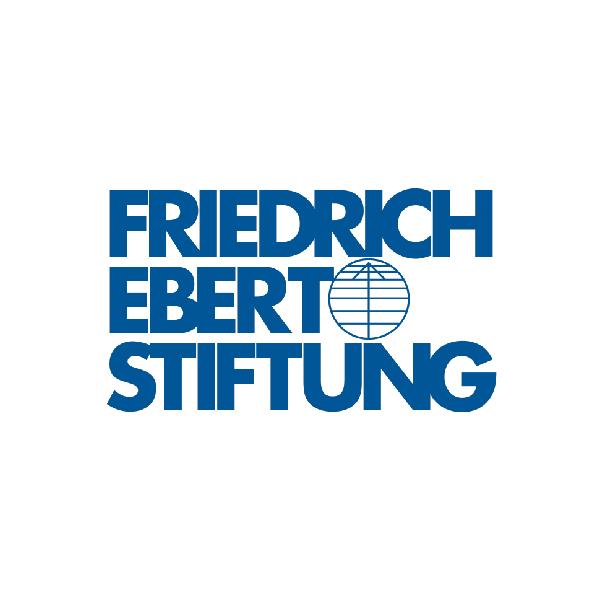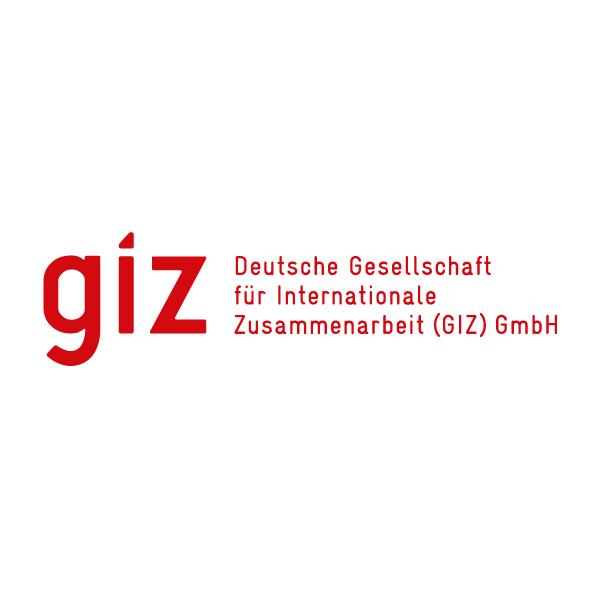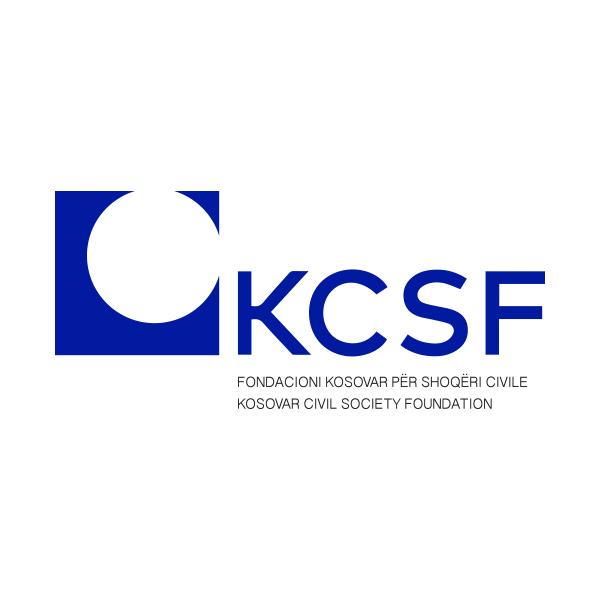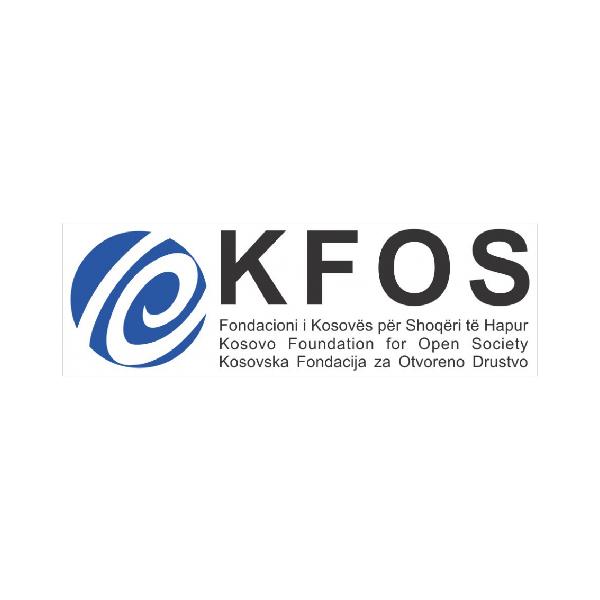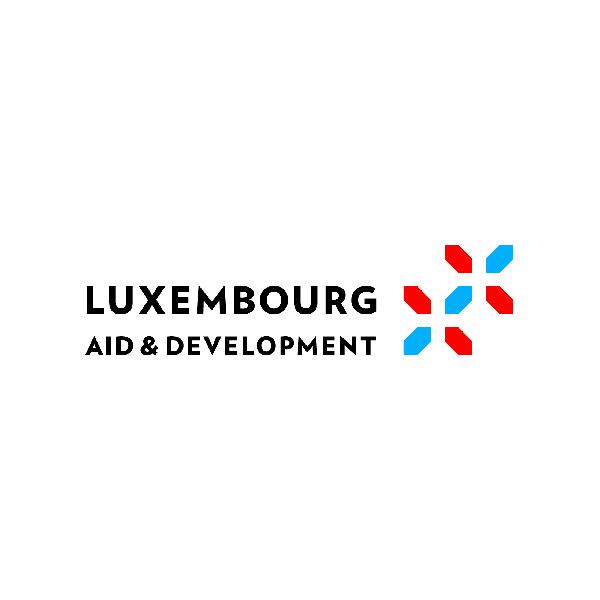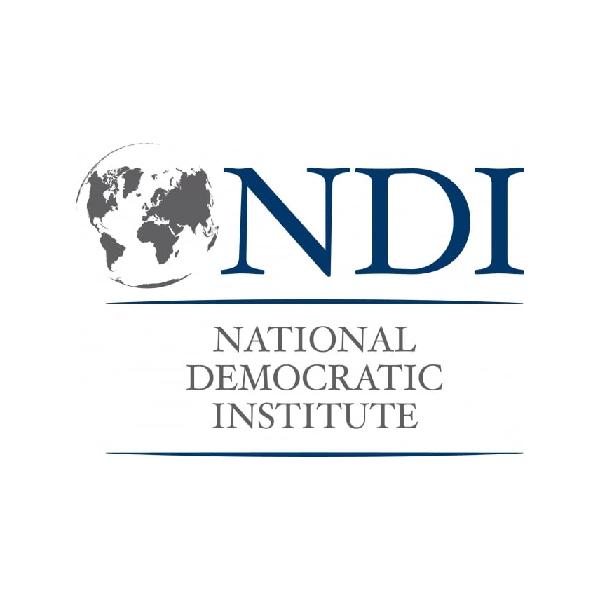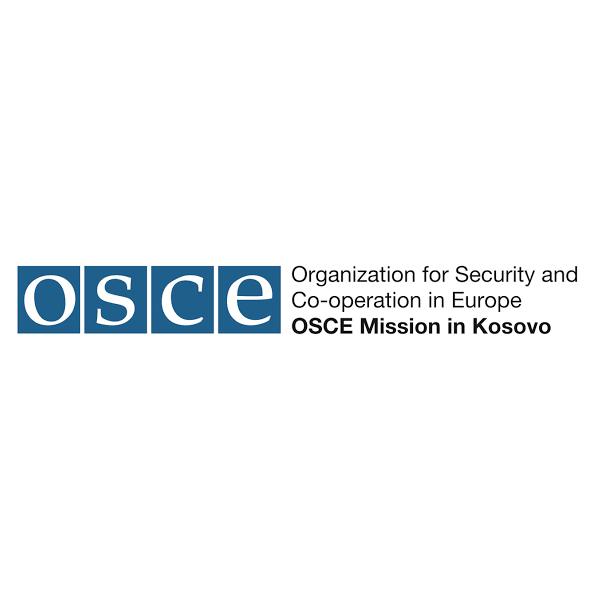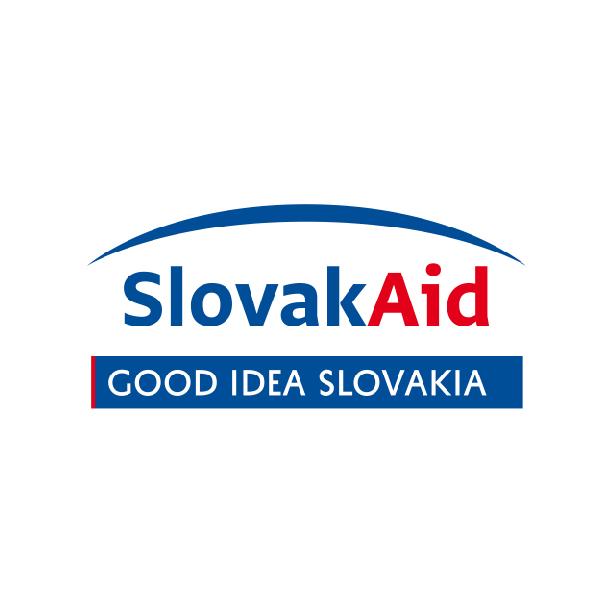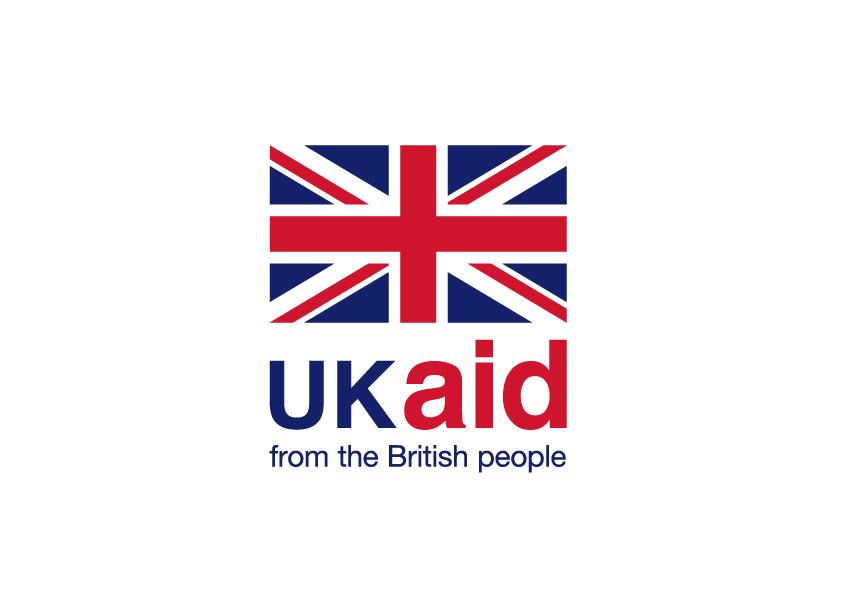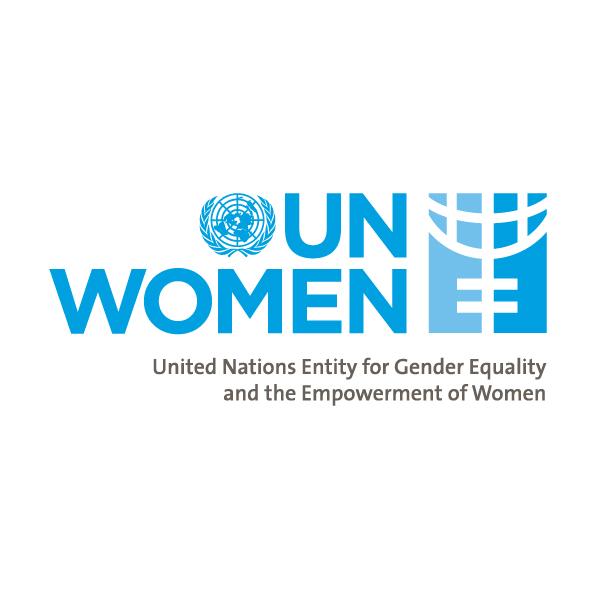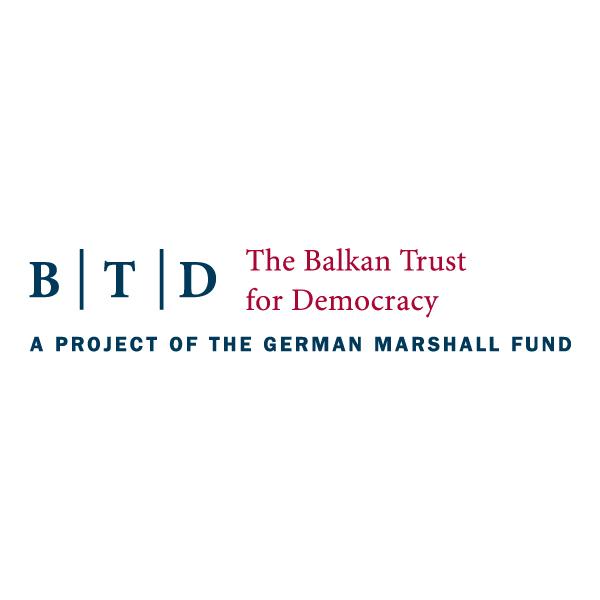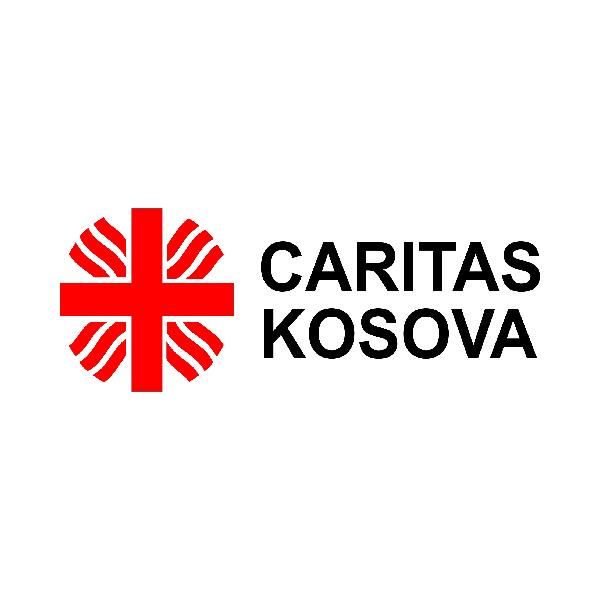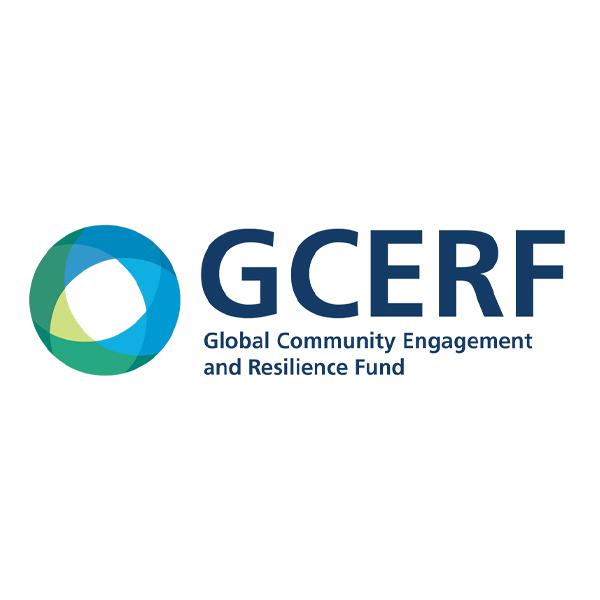Abstract:
This Op-Ed will present a brief overview of the current position of the Roma, Ashkali and Egyptian communities in Kosovo in the face of the reconciliation process in particular. Reconciliation as a process requires more than non-violent coexistence, especially progress in addressing the past and establishing a form of civic trust between the parties. Before entering into a more in-depth discussion, it should first be clarified that Kosovo as an independent state is at least a single homogeneous entity. For a small country with less than two million inhabitants, there are considerable divergences to always be considered valid arguments.
Reconciliation is a process of rebuilding post-conflict relations and it is even accepted that the principle of the reconciliation process “involves the mutual recognition of a common violent past and the transformation of a harmful relationship and behavior to promote a common future towards sustainable peace.”. The reconciliation process also needs a democratic basis of economic, political and social justice as well as the separation of powers.
Roma, Ashkali and Egyptian minority communities, also recognized by the highest legal act in the country as the Constitution of the Republic of Kosovo, have gone through considerable suffering for a long time, especially during and after the 1999 Kosovo conflict period. According to Amnesty International, more than 3,000 Albanians and 800 Serbs and members of other minority communities were reportedly victims of “enforced disappearances and abductions”, with over 1,900 bodies still missing.
However, although dealing with the past is often the most challenging and sensitive step in the reconciliation process, it is not the only aspect of the reconciliation process. Reconciliation also involves a more far-reaching process – the shift in inter-community relations from a state of conflict to civic trust and democratic dialogue. Creating such positive relationships requires both “horizontal” trust between citizens and “vertical” trust between citizens and their institutions” (De Greiff, 2007: 8).
Even after the intervention of the international community and the country’s institutions, in the creation of sustainable laws and policies aimed at integration and respect for human rights and access to justice, these communities today continue to face systematic racism, discrimination, segregation and violation of their fundamental rights. Transitional justice has a major role to play in the reconciliation process because it allows the formation of a shared memory of the past in post-conflict societies such as the recent 1999 conflict in Kosovo. Therefore, in the process of transitional justice is a necessary mechanism for maintaining peace in the long run. Transitional justice includes pervasive mechanisms of truth and justice, including human rights trials, truth commissions, reparations, lustration, pardons, memorialization practices, institutional reform, and local, non-traditional forms of justice.
It is also necessary to implement explicit laws and regulations designed to promote inter-ethnic functioning and relations in Kosovo, so that members of the majority and minority communities feel safe to file and report complaints against human rights violations without fearing the negative consequences. The majority population needs to be understood and more open to the importance of the rule of law and the implementation of human rights standards in Kosovo.
At the same time, both the majority and non-majority communities must contribute to the development of a strong interethnic (human) foundation of coexistence as a guarantee of the rights that protect all citizens.
The central leadership but also the political elite from the communities in question, must show courage and testimony to be unlimited before this historic process, which contributes to the narrative of truth, peace and transitional justice. Investing in the agenda of the reconciliation process and transitional justice will bring positive contributions to many current unspoken conversations and hypotheses so far for Roma, Ashkali and Egyptians without distinction.
Also all the contradictory and narrative arguments illustrate not only the lack of communication, unspoken tensions, and identity battles, but also the complexity and sensitivity to ethnicity and minorities in post-war Kosovo.
The main recommendations are addressed to the institutions of the Republic of Kosovo which should include the need for further positive steps to promote dialogue and reconciliation, to address inequalities in access to justice between the majority and minority communities.
In this way, security incidents affecting communities will be effectively addressed, including improved contact with the community.
Creating such conditions would involve a backward-looking element – including agreements based on fundamental truths, reparations and the exercise of some form of transitional justice, or “dealing with the past.” Foresight as a basic principle in this process contributes to directing the focus on changing relations towards building civic trust between communities, including a basic agreement on the norms and values with which the state should function.
Mimoza Gavrani, from Prishtina, worked as a Policy Expert for the Regional Corporation-RCC, responsible for Kosovo and Albania, where she provided policy guidance to governments regarding the integration of minority communities, linking them with EU accession, analyzing their socio-economic impact, necessary sector reforms, as well as public budgeting cycles. She holds an MA degree in National Security Affairs from The European Center for Peace and Development. She is a fellow program student of Central European University-CEU in Budapest, Hungary, and holds a BA in Psychology in Prishtina, Kosovo. She has been a fellow with many international and transatlantic organizations. Mimoza brings 14 years of experience in advocacy, regional policy mainstreaming socio-economic policies, public dialogue, and strengthening institutional obligations of governments to incorporate and deliver specific goals in mainstream policy developments. She was involved in different academic approaches of her interest, and she combined her experiences from different levels by bridging transatlantic experience in her country, especially supporting Western Balkans governments.
This publication was produced with the financial support of the European Union. Its contents are the sole responsibility of NGO AKTIV and Kosovo Coalition for Reconciliation and do not necessarily reflect the views of the European Union.


